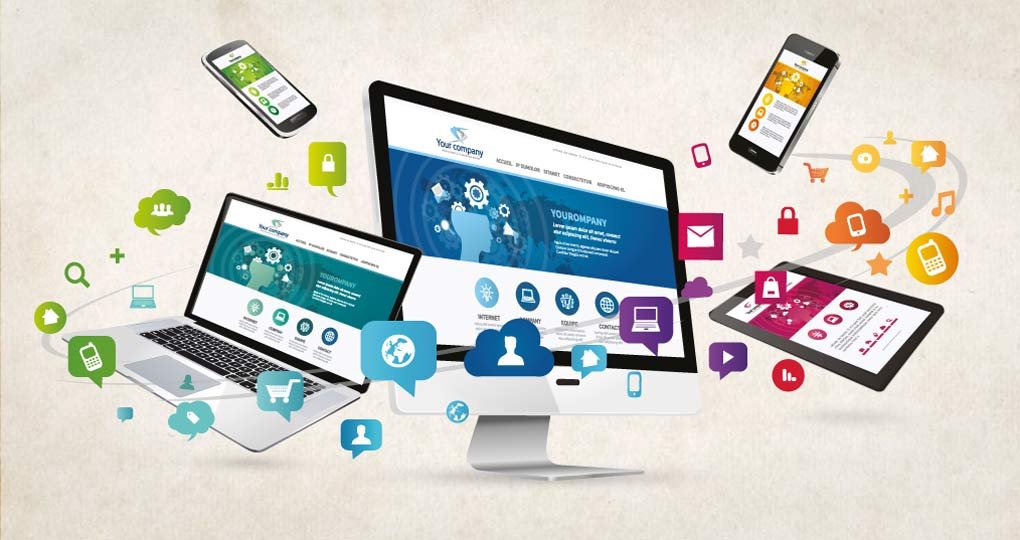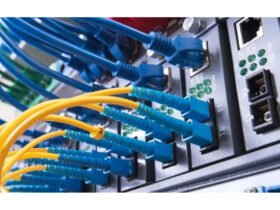Introduction: The Critical Role of GRC Software in Enterprise Management
Selecting the right Enterprise Governance, Risk, and Compliance (GRC) software is pivotal for enhancing business operations, ensuring regulatory compliance, and managing risk effectively. However, with a plethora of GRC solutions available in the market, choosing one that best fits your business needs can be daunting. This article outlines key aspects to consider when comparing enterprise GRC software solutions, ensuring you make a well-informed decision.
Customization and Scalability
Tailored Solutions: Different businesses have unique needs based on their industry, size, and geographic reach. A suitable enterprise GRC software should offer extensive customization options to tailor features, workflows, and reports to fit specific organizational requirements.
Future-proofing: As your business grows, so do your risk management and compliance needs. Look for software that scales easily to accommodate new business processes, additional users, and evolving compliance regulations without requiring significant system overhauls or replacements.
Integration Capabilities
Seamless System Integration: Effective GRC software should integrate smoothly with other management systems you are already using, such as ERP, CRM, or HR management systems. This integration allows for the unified management of all enterprise data and reduces the risks of errors from data silos.
Data Consistency: Consistent data management ensures that information across the enterprise is synchronized, which enhances decision-making and strategic planning. Software that promotes interoperability between systems helps maintain data accuracy and integrity.
User Interface and Usability
Intuitive Design: The best GRC software offers a user-friendly interface that does not require extensive training to navigate. Ease of use increases user adoption rates and ensures that all individuals can leverage the software’s full capabilities without significant barriers.
Accessibility: Mobile compatibility and cloud-based access are crucial for the modern workforce. These features ensure that team members can update and access compliance and risk management data from anywhere, enhancing flexibility and responsiveness.
Robust Reporting and Analytics
Comprehensive Reporting Tools: High-quality reports aid in presenting complex compliance data in an understandable and actionable manner. Effective GRC software should offer flexible reporting capabilities with customizable templates and dynamic, real-time data representation.
Predictive Analytics: Advanced data analytics tools help predict potential risks and compliance issues before they become problematic. Look for software with strong analytical capabilities that provide insights into trends and potential risk areas.
Regulatory Compliance Management
Up-to-date Compliance Frameworks: The software should be equipped with the latest compliance methodologies and regulatory frameworks relevant to your industry. Automatic updates for compliance regulations ensure that your enterprise consistently meets legal obligations.
Audit Management: Efficient GRC solutions should streamline the audit process by providing tools to plan, execute, and report on audits. Automated audit trails and documentation features can also help in maintaining records for historical and legal purposes.
Security Features
Data Security: Given the sensitivity of risk management and compliance information, robust security protocols are non-negotiable. Ensure the software provides secure login mechanisms, data encryption, and compliance with international security standards.
Vendor Support and Community
Reliable Customer Support: Effective customer support can significantly influence the successful deployment and utilization of GRC software. Investigate the support services offered by the vendor, including training resources, customer service availability, and technical support quality.
Community and Reviews: Existing user reviews and a strong user community can provide insights into the software’s performance and the vendor’s reliability. Look for feedback on third-party sites and consider the overall reputation of the software provider.
Conclusion: A Strategic Approach to GRC Software Selection
Choosing the right enterprise GRC software necessitates a strategic approach that aligns with your business goals and operational intricacies. By focusing on customization, integration, user-friendliness, comprehensive analytics, regulatory updates, security, and reliable vendor support, you can select a GRC solution that not only fits your current needs but also positions your enterprise for future growth and challenges.







